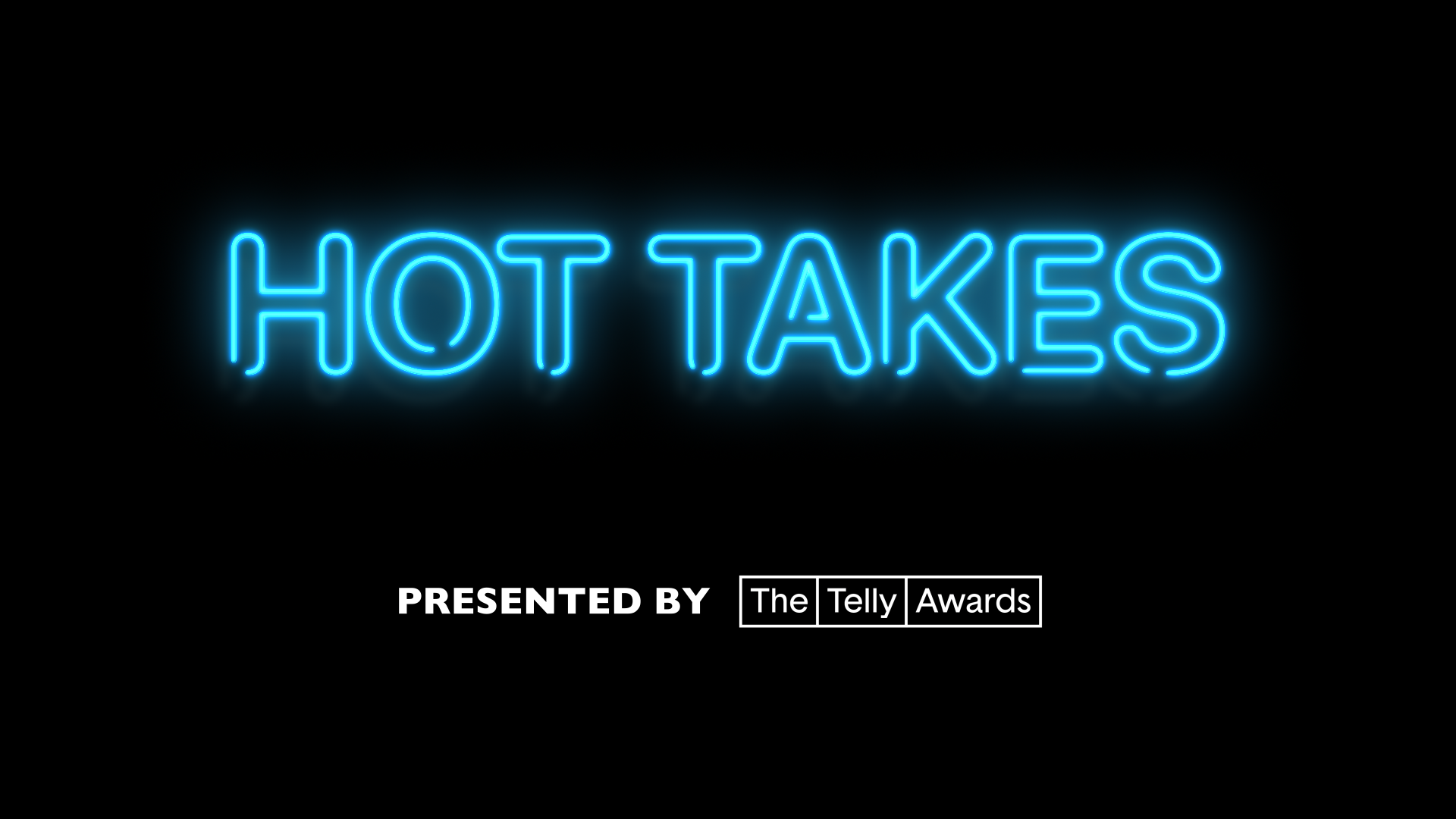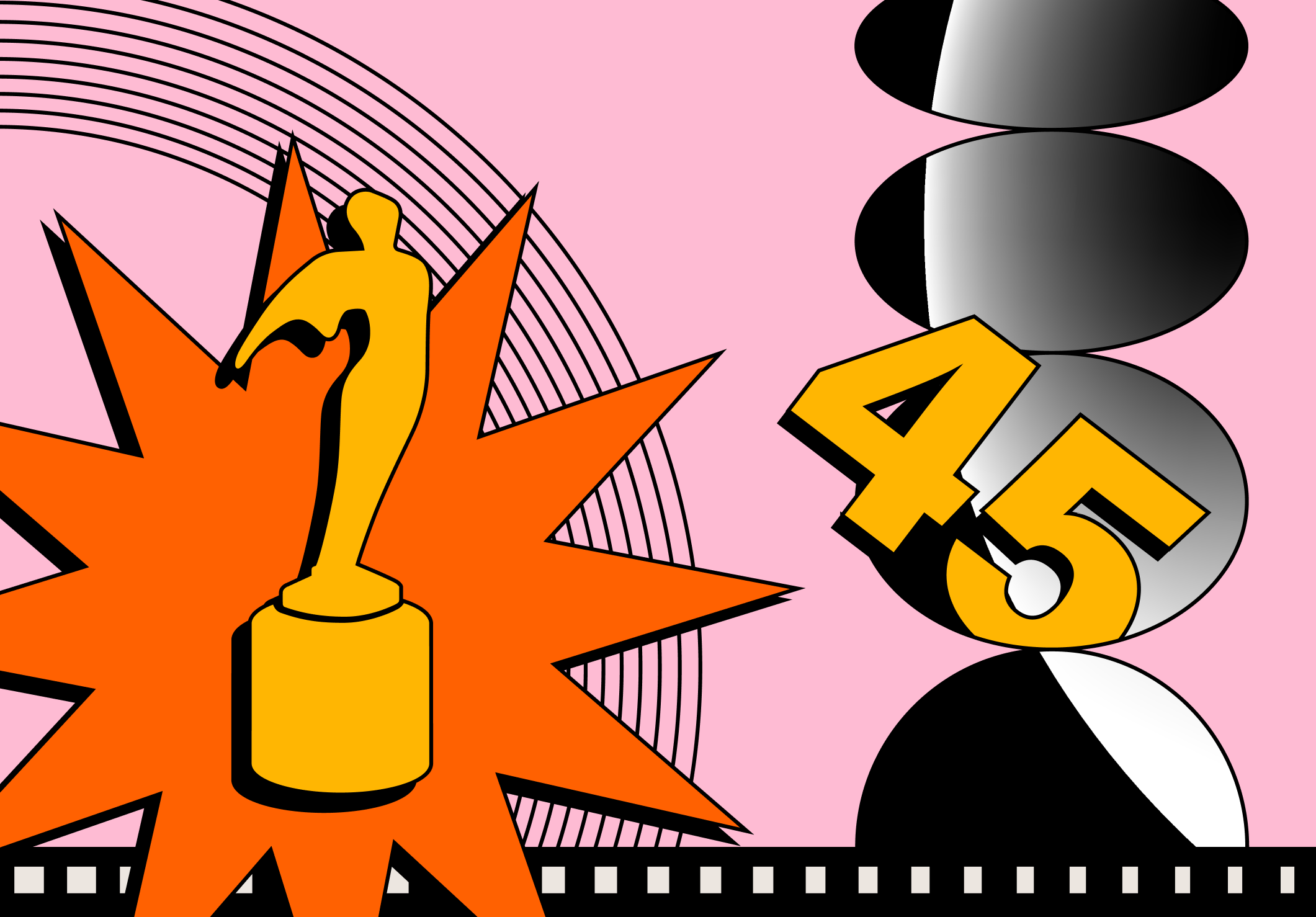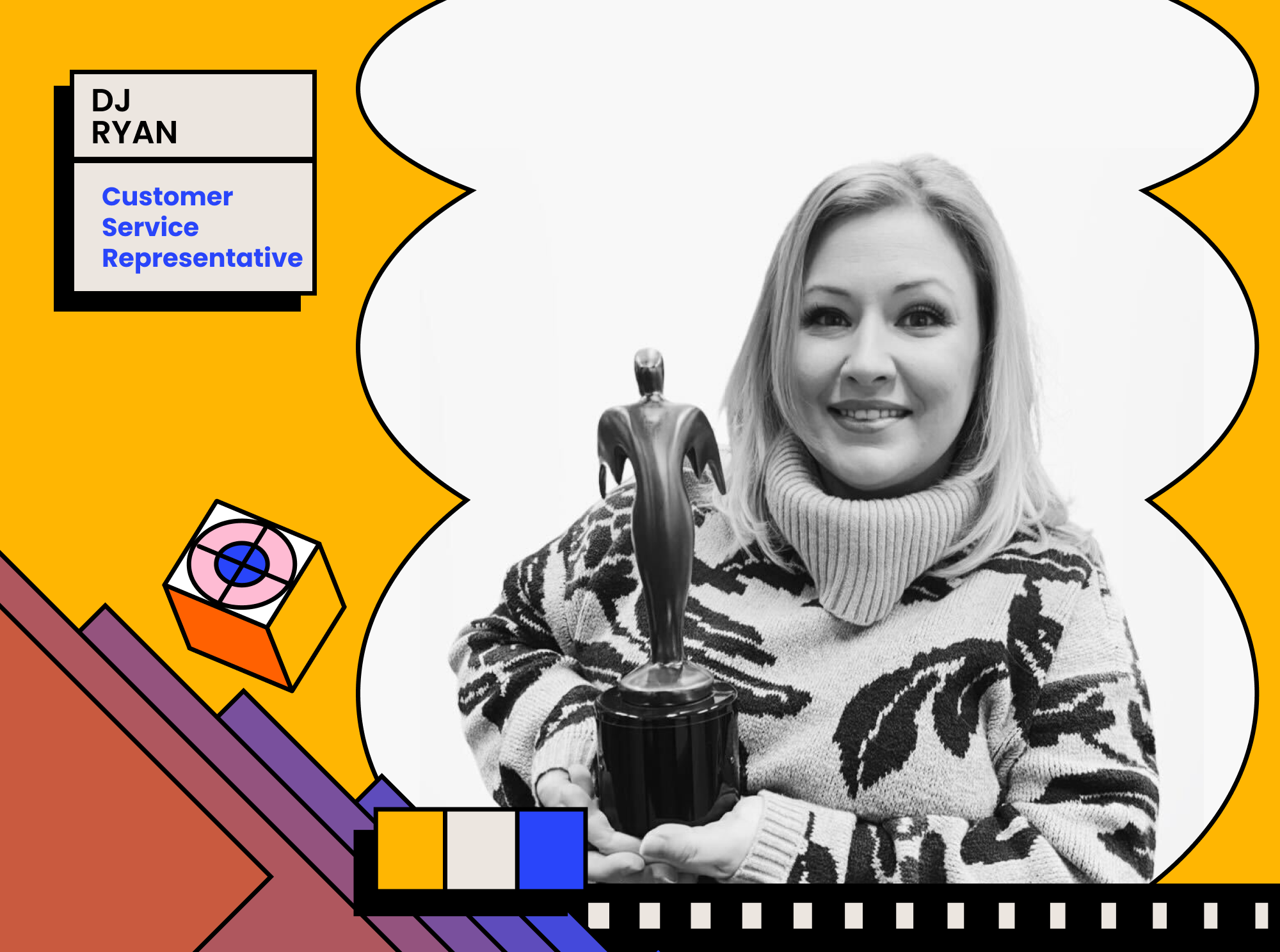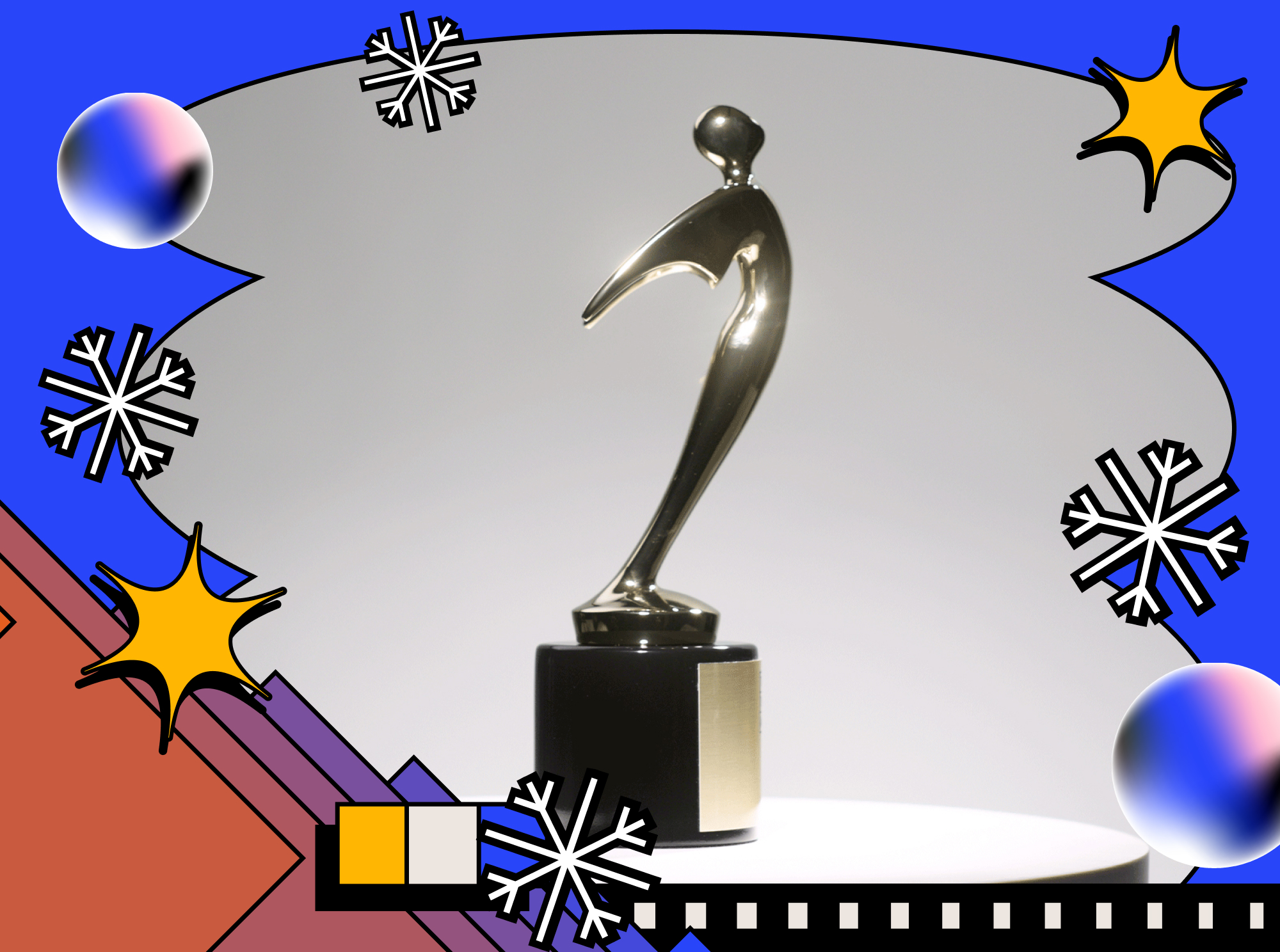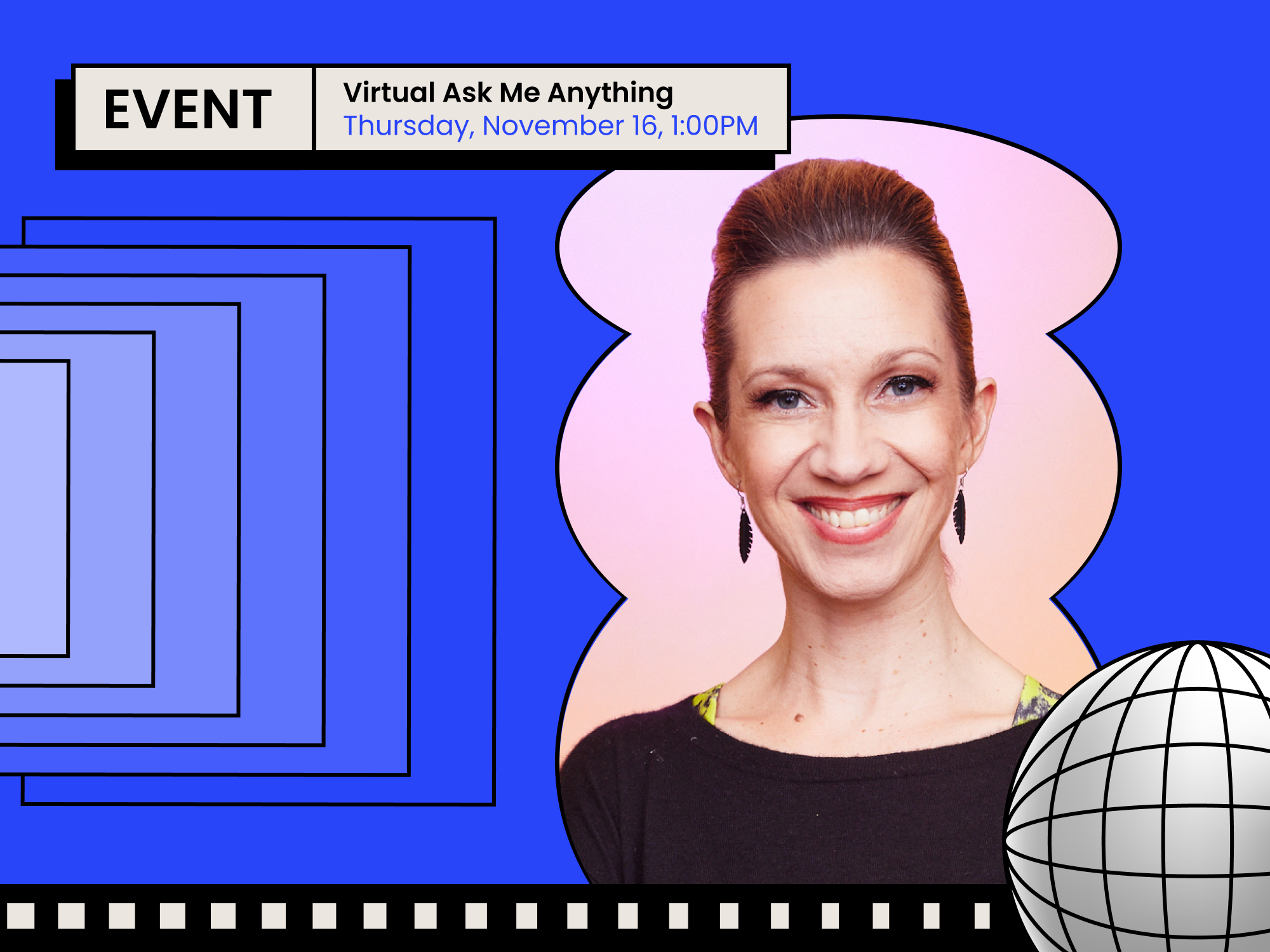Hot Takes is an original, monthly, Telly Awards interview series featuring a chosen industry leader and expert presenting an unfiltered, unrehearsed response to a hot button topic within their field. What’s your Hot Take? Get in touch with our Senior Producer, Dina Graham at dina@tellyawards.com for the chance to be featured!
HOT TAKES EPISODE 4: TRUTH, JUSTICE, AND LOVE CAN TRANSFORM THE LOOK OF HOLLYWOOD
In 2018, Frances McDormand ended her impassioned acceptance speech The Academy Awards with two words…”inclusion rider,” a stipulation that actors and actresses can ask (or demand) to have inserted into their contracts, which would require a certain level of diversity among a film’s cast and crew. What came next was an onslaught of press surrounding the term, a term that suddenly became the number one google search term of the month. Following the awards, many actors, including Brie Larson and Michael B. Jordan, came out in support of the rider, and studios around Hollywood began to appear on record claiming they would adopt it for their future projects, trending positive for diversity and inclusion in both casts and stories. However, in the years following the inclusion rider being catapulted to the limelight, both film and television struggle to keep equal representation when it comes to race, gender, sexual orientation, and more. If the rider was designed to increase diversity among casts and projects, one could ask…why hasn’t there been more progress?
The answer is accountability. Although the rider can stipulate studios and executives hire above a certain threshold of diversity, the measure of success for achieving such a threshold depends on actualized reporting of hiring statistics, a factor that was not originally required in the original rider. It also depends on the successful adoption of the inclusion rider beyond individual contracts. Now, three years after its public introduction, the inclusion rider has taken on a new form, a reimagined version of the stipulation that is meant to provide a template for companies to easily implement. Now that these changes and new tools are being made available to Hollywood executives, studios, and agencies, how exactly will this affect diversity, inclusion, and representation in the industry?
In this month’s episode of Hot Takes, we speak to Fanshen Cox, co-author of the original inclusion rider, about the uphill climb of cultural change in the industry, and how the rider is only the first step in achieving real change and impact. The road to equal representation does not depend only upon individuals demanding justice, but Hollywood actually delivering. The importance of diversity in an industry that quite literally shapes the way society views people and relationships cannot be understated. To achieve such change, Hollywood needs to put actions to its words and stories… in the form of truth, justice, and love.
Watch the episode below!
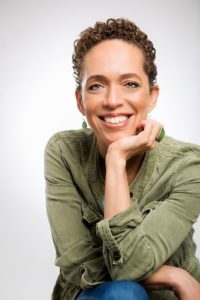
Fanshen Cox is an Award-winning playwright, actor, producer & educator.
In addition to being Producer and Development Executive at Matt Damon and Ben Affleck’s production company, Pearl Street Films, Fanshen facilitates workshops and delivers keynotes on using narrative in empathy-building, exploring historical context, and how the construction of race affects our closest relationships. She served as a Peace Corps Volunteer in Cape Verde, West Africa, and holds a BA in Spanish & Education, an MA in TESOL, and an MFA in TV, Film & Theatre. She has been honored with Distinguished Alumni Awards from CSULA and from Teachers College, Columbia University. Fanshen is a co-author of the Inclusion Rider which was announced at the 2018 Oscar awards by Frances McDormand and the co-creator and co-host of the Webby nominated podcast Sista Brunch-highlighting Black women striving in entertainment and media.

